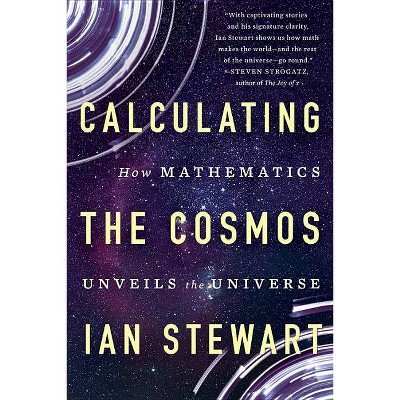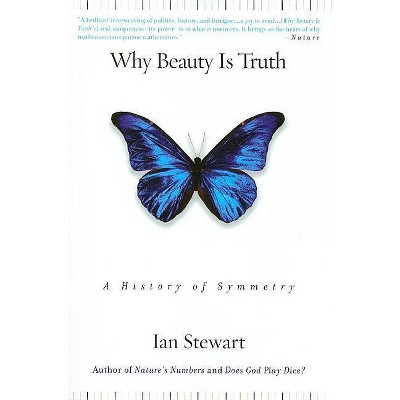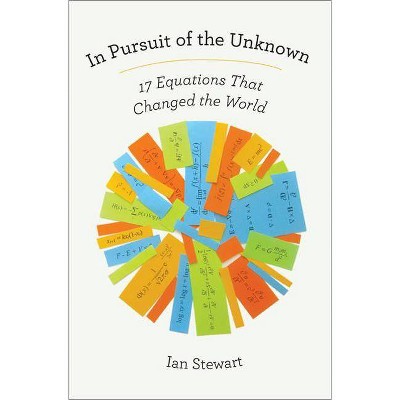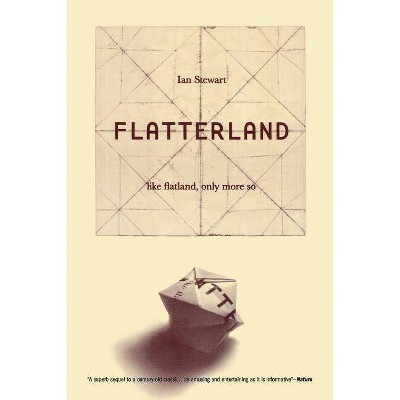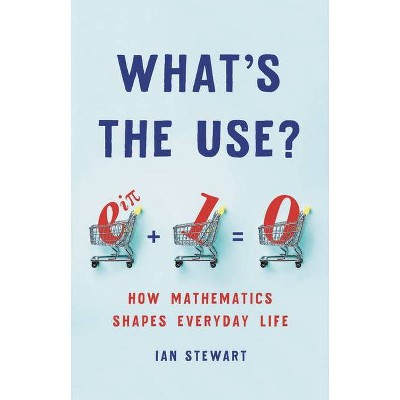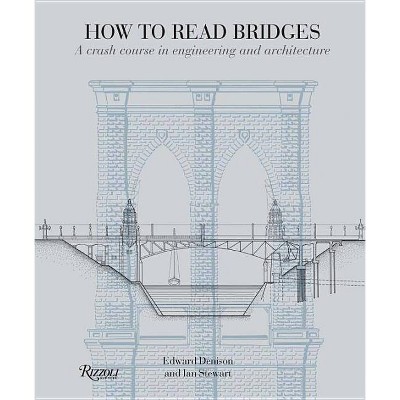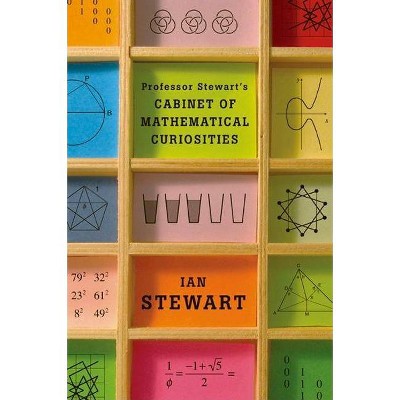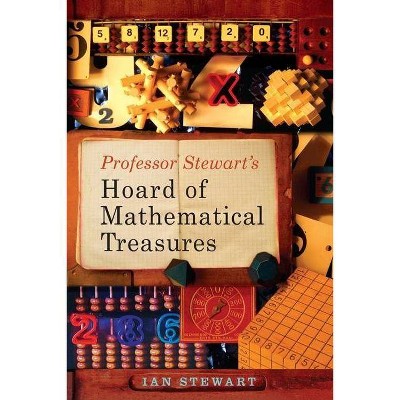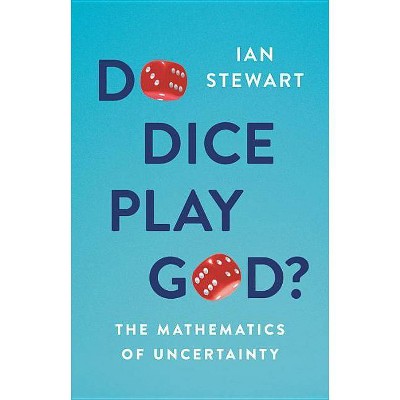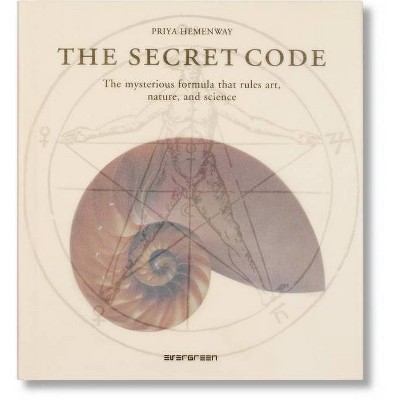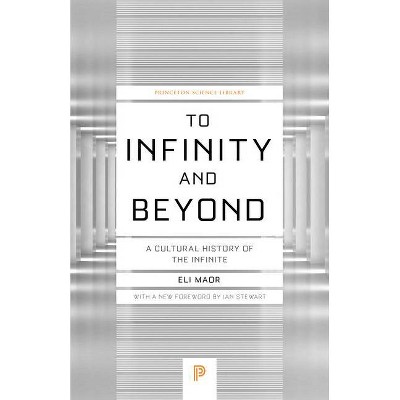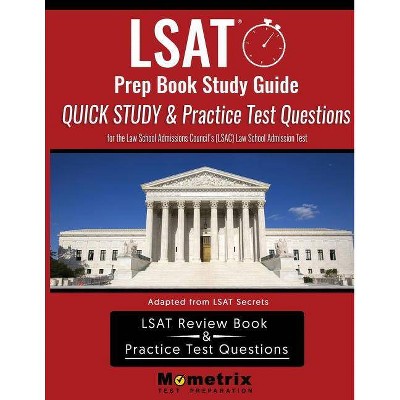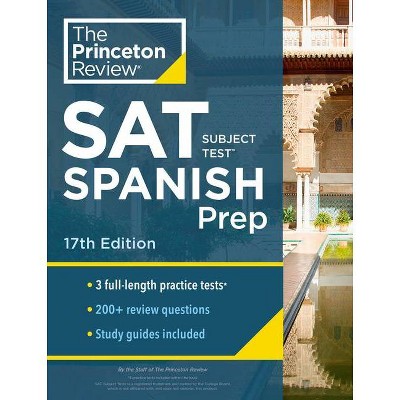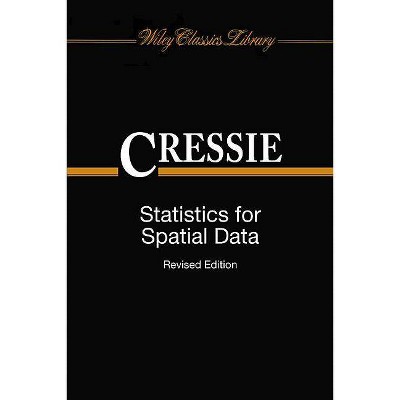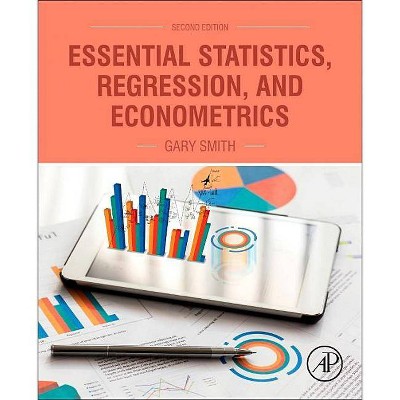Visions of Infinity - by Ian Stewart (Paperback)
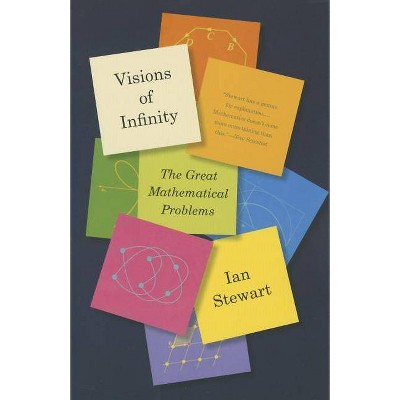
Similar Products
Products of same category from the store
AllProduct info
<p/><br></br><p><b> Book Synopsis </b></p></br></br>It is one of the wonders of mathematics that, for every problem mathematicians solve, another awaits to perplex and galvanize them. Some of these problems are new, while others have puzzled and bewitched thinkers across the ages. Such challenges offer a tantalizing glimpse of the field's unlimited potential, and keep mathematicians looking toward the horizons of intellectual possibility. <p/> In <i>Visions of Infinity</i>, celebrated mathematician Ian Stewart provides a fascinating overview of the most formidable problems mathematicians have vanquished, and those that vex them still. He explains why these problems exist, what drives mathematicians to solve them, and why their efforts matter in the context of science as a whole. The three-century effort to prove Fermat's last theorem -- first posited in 1630, and finally solved by Andrew Wiles in 1995 -- led to the creation of algebraic number theory and complex analysis. The Poincare conjecture, which was cracked in 2002 by the eccentric genius Grigori Perelman, has become fundamental to mathematicians' understanding of three-dimensional shapes. But while mathematicians have made enormous advances in recent years, some problems continue to baffle us. Indeed, the Riemann hypothesis, which Stewart refers to as the Holy Grail of pure mathematics, and the P/NP problem, which straddles mathematics and computer science, could easily remain unproved for another hundred years. <p/> An approachable and illuminating history of mathematics as told through fourteen of its greatest problems, <i>Visions of Infinity</i> reveals how mathematicians the world over are rising to the challenges set by their predecessors -- and how the enigmas of the past inevitably surrender to the powerful techniques of the present.<p/><br></br><p><b> Review Quotes </b></p></br></br><br>A bracing mental workout for armchair mathematicians.--<i><b>Booklist, starred review</b></i><br><br>If you wish to intelligently discuss the Riemann hypothesis, P/NP problems or the Hodge conjecture, you ought to read this book first.--<i><b>Science News</b></i><br><br>Readers will be captivated by the technical achievements, loose ends, and human insights that Stewart shares on his grand mathematical tour.--<i><b>Dallas Morning News</b></i><br><br>Stewart's loquacious yet lucid style makes the most complex mathematics accessible.--<i><b>Publishers Weekly</b></i><br><p/><br></br><p><b> About the Author </b></p></br></br><b>Ian Stewart</b> is emeritus professor of mathematics at the University of Warwick. His recent books include <i>Calculating the Cosmos, Significant Figures, In Pursuit of the Unknown</i>, and <i>Professor Stewart's Hoard of Mathematical Treasures</i>. He is a fellow of the Royal Society. He lives in Coventry, UK.
Price History
Price Archive shows prices from various stores, lets you see history and find the cheapest. There is no actual sale on the website. For all support, inquiry and suggestion messages communication@pricearchive.us
